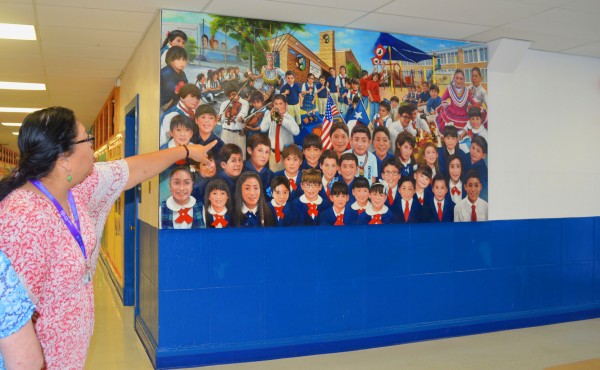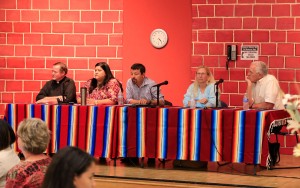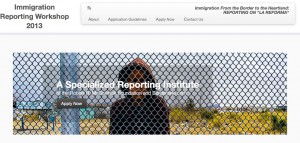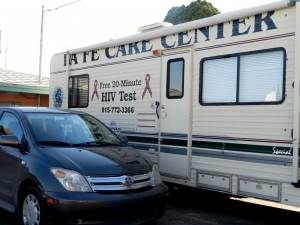Community hub La Fe promotes well being of Segundo Barrio residents
|
It began with a simple dream of a small group of resolute mothers discussing community problems in a one-room apartment in the Segundo Barrio during the 1960s. Through stiff determination and unflinching courage, the “Mothers of La Fe” cobbled together a non-profit organization to empower families immersed in poverty, unemployment, lack of health care and gang violence. Since that day more than four decades ago, Centro De Salud Familiar La Fe has helped countless families, many of them recent immigrants to El Paso, resulting in the empowerment of a predominantly Latino community. Segundo Barrio, located south of downtown El Paso near the U.S.-Mexico border, is the city’s oldest and most historic neighborhood, housing a community deeply rooted in Mexican culture. “I have always said that all the people in La Fe are my second home,” said Esperanza Tijerina, who attends citizenship classes and English at the La Fe Culture and Technology community center and is preparing to apply for U.S. citizenship.



